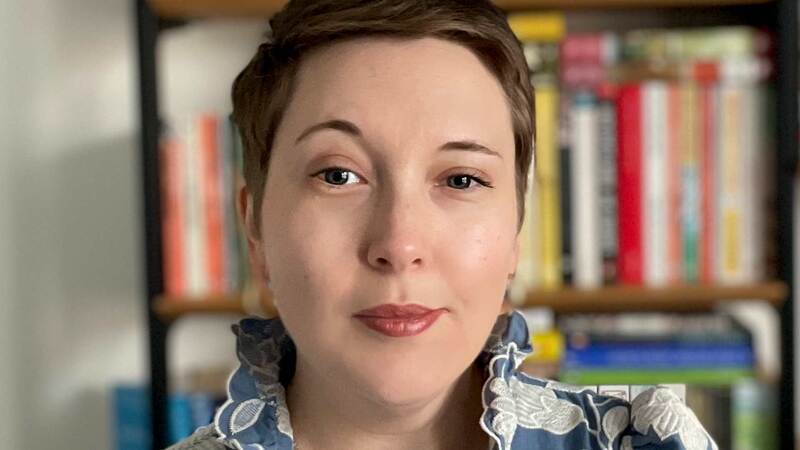You are viewing your 1 free article this month. Login to read more articles.
On not giving up
“… you must go on. I can’t go on. I’ll go on.” (Samuel Beckett, The Unnamable).
Eighteen months ago, I almost gave up writing. I had wanted to write for decades; that I did not is connected to how I nearly gave up and why I want to ensure you keep at it.
So, broadly I felt discouraged, having been told I was lucky to get published at all, called arrogant and guilty of talking about myself too much. This is one small part of it, occurring while we were all so stretched, fearful and uncertain and, in our case, one of our children was also seriously ill; it being a pandemic, help and support were harder than usual to find. Also, I had two books out that first pandemic year and had felt so excited. I will not complain, because it was hard for everyone, but naturally this further destabilised me. I doubted my ability, thought I was disliked within the industry and was not sure where I was going next. I kept it moving on social media, looking gainfully employed — but all the time I was worrying, Do I look cocky? Am I talented?
But you need to know what I did next.
I put a call out on Twitter. I said that I would appreciate a chat with experienced authors and boy, did they come. I am aware that some not very edifying behaviour occurs in our industry, but there is so much good, too and it does not advertise itself. I had email conversations, got checked on during the week and long phone calls. I was worried that I had looked needy, but I am so glad that I was open: about writing and how my history and personal circumstances made me feel vulnerable. About why it took me so long to write in the first place. So that is my first tip. Ask for help if you feel like giving up. Contextualise it and ask me if you do not know who else to ask. Be bold.
So, remember: if rejection, or others’ diminishment of you have made you want to give up, pause and reflect. Is there something you are doing and need to examine? That done, take your sadness and go forth. Help others along the way. Find people who bolster you and your work and give it back in spades
Now, I began to think about the barriers that had stopped me writing in the first place and to consider first how this made industry experience triggering, then how I might use this experience — sustained trauma, mental health problems over decades and latterly chronic physical issues and being a carer — and the challenging awakening it was having and take it forward in a book to empower others. I approached several writers I admired, and I asked them if they would work with me. Then, I spoke to my agent about how I was feeling and what I could do. You may not be agented, so just aim to find a person who knows you and your work to advise — and do not be ashamed. I was encouraged in a resolution: to turn anger and upset into a ball of energy; to writing and joy. This, incidentally, is how The Bookseller column came about. Buoyed up, I pitched various pieces, had two taken up and my style and content hit a note and I was asked to write a column. The thrust of this, from the beginning, was robust help and empowerment, insofar as I could offer it from a modest platform.
That done, I put another call out on Twitter, asking if an industry professional could have a chat with me. Something amazing happened. I made a new friend, someone who had stacks of insight and who helped me plan for wider industry work, suggesting who to approach, considering my teaching background. I got some wonderful classes and teaching and just as I did that, I got the call from an academic of whom I was in awe asking me to make a podcast with her. Other opportunities followed. Finally, I started work again on a novel, insisting to myself I could do it. It’s on agency submission. Last summer I wrote part of a memoir, plus proposal, and pitched that. Not thinking it would be successful. It was! Meanwhile, the non-fiction book that had gone out did not sell. So, I evolved Plan B and applied for Arts Council England funding. I began a novella. Kept it moving.
So, remember: if rejection, or others’ diminishment of you have made you want to give up, pause and reflect. Is there something you are doing and need to examine? That done, take your sadness and go forth. Help others along the way. Find people who bolster you and your work and give it back in spades.
Doubt is a good thing: it is a function of both intellect and morality. But if that doubt is eviscerating, it has gone too far. Start building and calling on your tribe. You don’t have one? You can always start with me.
Anna Vaught is a novelist, short story writer, editor, mentor, English teacher and mental health campaigner. Her third and fourth books, Saving Lucia (Bluemoose) and Famished (Influx), were published in 2020.




















